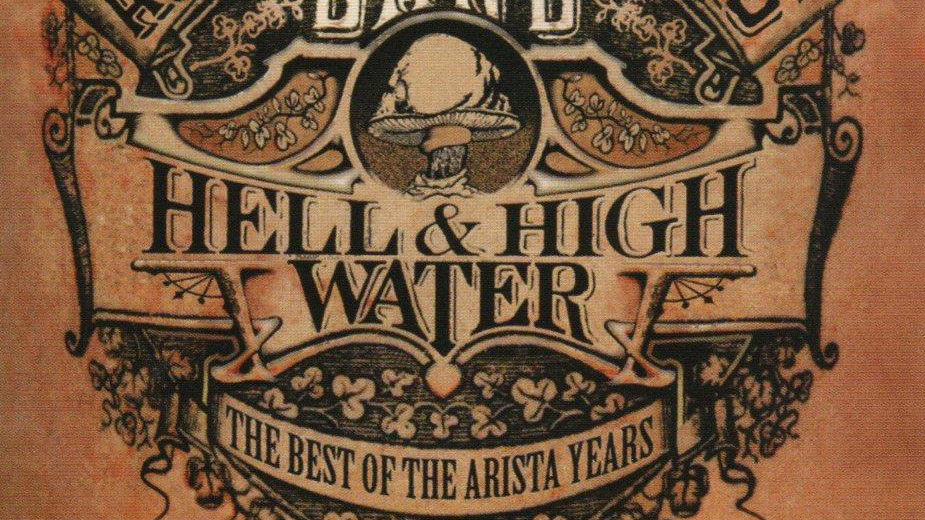You can trust Louder
Now the Brotherhood is done, Gregg Allman’s death putting the seal on their 2014 retirement, this 1994 trawl through the Allmans’ two-album Arista stay – Reach For The Sky (1980) and Brothers Of The Road (1981) – definitely isn’t the best way to remember him. Allman was a broken man in the early 80s, hollowed out by brother Duane’s death and numbing quantities of drink and drugs, his songwriting well dry.
Since the band’s 1979 reunion, country loving guitarist Dickey Betts had captained the ship. Adding to the warning signs, the band arrived at Arista with its hands-on boss Clive Davis in his pomp, having just guided The Kinks to renewed stardom with a more contemporary sound. The Allmans were booked in for a similar makeover by Nashville songwriting-production team Mike Lawler and Johnny Cobb.
Anyone with happy memories of Duane’s ecstatic, soulful improvisation, or the band’s dignified latter-day return with Warren Haynes should look away now.
Reach For The Sky starts promisingly, Allman’s organ blending with gospel singers on Hell & High Water, but he’s barely there as an instrumentalist thereafter. The general honky-tonk flavour becomes overpowering on Betts’ I Got A Right To Be Wrong, the sort of anaemically ornery country stomper 80s Nashville turned out by the yard. The instrumental From The Madness Of The West pales beside previous epics. Elsewhere, the tendency to chop any sign of the band starting to motor is album long. Betts’ slide guitar on Famous Last Words gets an especially criminal fade-out.
Brothers Of The Road sees Allman partially revive, providing the only tracks here you might possibly need. SOFTWAREmark” gingersoftwareuiphraseguid=“990b76e4-9c08-41a6-9609-bf534a9fbce7” id=“9cb5fa8d-afad-4407-9ed7-0540af16a43e”>SOFTWAREmark” gingersoftwareuiphraseguid=“32bb70af-63b7-436d-b2e6-9ea1c45447bf” id=“326f036e-28db-4174-8947-b8de9584d49b”>Leavin’ is a rough blues sung with gravelly conviction. Never Knew How Much (I Needed You) similarly draws on his own decline. The Arista machine (Styx producer John Ryan this time) tack on big choruses and a distinctly unwelcome sax solo. But the languid, conversational drawl of the verses and their lyrics’ bitter confession are a flicker of the real thing. Anyway, the indignity of trying to make it in the 80s became too much and the Allmans split again.
Sign up below to get the latest from Classic Rock, plus exclusive special offers, direct to your inbox!
Nick Hasted writes about film, music, books and comics for Classic Rock, The Independent, Uncut, Jazzwise and The Arts Desk. He has published three books: The Dark Story of Eminem (2002), You Really Got Me: The Story of The Kinks (2011), and Jack White: How He Built An Empire From The Blues (2016).


